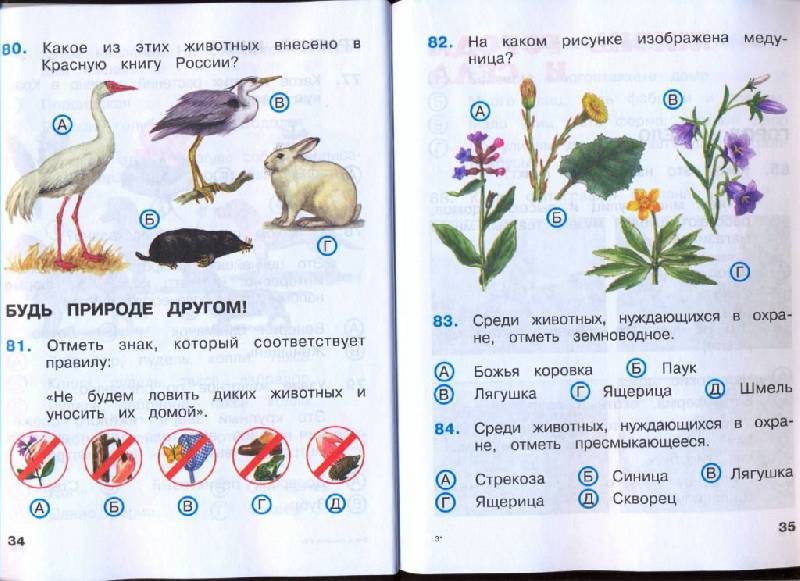Testi Po Istorii Rossii 6 Klass S Otvetami Arsentjev

In lieu of an abstract, here is a brief excerpt of the content: Kritika: Explorations in Russian and Eurasian History 3.3 (2002) 537-545 [Access article in PDF] Review Velikorusskii pakhar' i osobennosti rossiiskogo istoricheskogo protsessa Leonid Vasil'evich Milov, Velikorusskii pakhar' i osobennosti rossiiskogo istoricheskogo protsessa. Moscow: ROSSPEN, 1998. ISBN 5-86004-131-4. In this large and significant book, the distinguished Russian historian Leonid Vasil'evich Milov deploys his considerable erudition concerning the history of Russia in general and 18th-century peasant agriculture in particular to construct an argument that the main, and indeed determining, factor in the historical development of Russia has been its harsh environment. He highlights the short season for agricultural work -- around five months -- caused by the long winters, the relatively infertile soil, and the vagaries of the climate in the non-black earth heartland of central European Russia.
Aug 14, 2001 -|tot pridurok naportachil s otchetom Obshchestva slepyh. V merii N'yu-Jorka idet zasedanie, i komissar Le Peshen otchityvaetsya o prodelannoj rabote. Govorit komissar, hot' v poimke grabitelya zasluga ne ego, a bditel'nogo buhgaltera: tot pozvonil v. A teper' posmotrite na sleduyushchij obrazec. -na-rabotu-generalnogo-direktora-obrazets-zapolneniya-2015/ 2018-03-04. 1.0 -o-predostavlenii-otcheta-o-prodelannoj-rabote-obrazets/images/ 2018-03-13. /skachat-prikaz-o-premii-k-dnyu-buhgaltera-obrazets/ 2018-03-15 weekly 1.0. 1.0 -glavnogo-buhgaltera-o-prodelannoj-rabote-obrazec/ 2017-08-29 weekly 1.0. Title: Blank otchet ob otpuske i pokupke elektroenergii, Author: davidfyyq, Name. Gosudarstvennomu komitetu Respubliki Uzbekistan po statistike. Ratchet o prodelannoj rabote buhgaltera obrazec. Write something about yourself. No need to be fancy, just an overview. No Archives Categories.
The 'natural and climatic factor' ( prirodno-klimaticheskii faktor), Milov argues, had profound implications for the organization of agricultural labor and the peasant way of life, and for the character and development of the economy, society, and state in Russia. It hardly needs to be pointed out that Milov's argument is unfashionable. Among environmental historians, historical geographers, and historians and social scientists in general, 'environmental determinism' in its classical form went out of favor long ago. 1 Nevertheless, because of the undeniably harsh natural conditions in much of Russia and Milov's considerable scholarship, his book merits detailed consideration. Milov was trained and conducted most of his research during the Soviet period within the constraints of the official Marxist-Leninist interpretation of history. At the outset, he presents his argument as a reaction to the work of many Soviet historians writing after 1945, i.e., his own colleagues. He believes that they overemphasized similarities between the history of Russia and Western Europe, albeit with a time lag.
Oct 08, 2014 Iveta Vasitova, J.Raiņa Daugavpils 6.vidusskolas latviešu valodas literatūras skolotāja. Oct 27, 2017 'Ja Sam Put, Istina i Život, i nitko ne dolazi k Ocu osim po Meni' (Ivan 14:6) Zašto Čista Istina. Unsubscribe from Zašto Čista Istina? Cancel Unsubscribe.
This view is traced back to the forced industrialization of the 1930s, which aimed to overcome Russia's economic 'backwardness' relative to the capitalist West. The reflection of this policy in Soviet intellectual life was that arguments concerning the influence of geography on the character and rates of development were dismissed as 'bourgeois' and false. In trying to overcome what he sees as the consequent insufficient attention paid by Soviet scholars to the role of the environment in Russian history, Milov could have drawn on the approaches of the Annales school that began in France at the [End Page 537] same time as Soviet industrialization, or the work of modern environmental historians. Instead, perhaps reflecting the outlook of many older Russians in the wake of the collapse of the Soviet Union, he looks back to Russian scholarship of the decades before 1917, in particular that of Sergei Mikhailovich Solov'ev and Vasilii Osipovich Kliuchevskii. Both these prominent pre-Soviet historians stressed the role of geography in Russian history. At the time they were writing, however, many of their contemporaries in Europe and North America also believed that physical environments and climates had a determining influence on the development of human societies, and explained differences between them. 2 Milov quotes Solov'ev's famous assertion that 'nature, for Western Europe, for her peoples was a mother; [but] for Eastern [Europe], for the peoples who were fated to function ( deistvovat') here, [nature] was a stepmother [ machekha]' (4).
